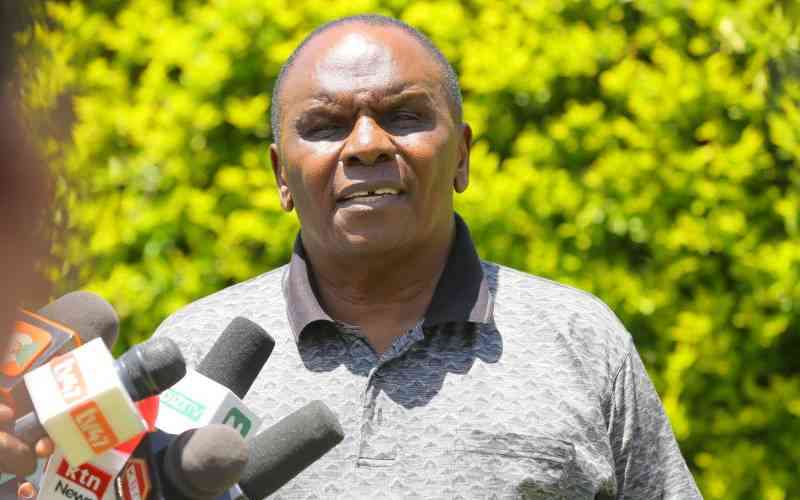×
The Standard e-Paper
Smart Minds Choose Us

Senators on Thursday, March 14 voted overwhelmingly to remove Kisii Deputy Governor, Robert Monda from office.
Monda was found guilty of gross violation of the Constitution, abuse of office, gross misconduct, and a breach of national laws.